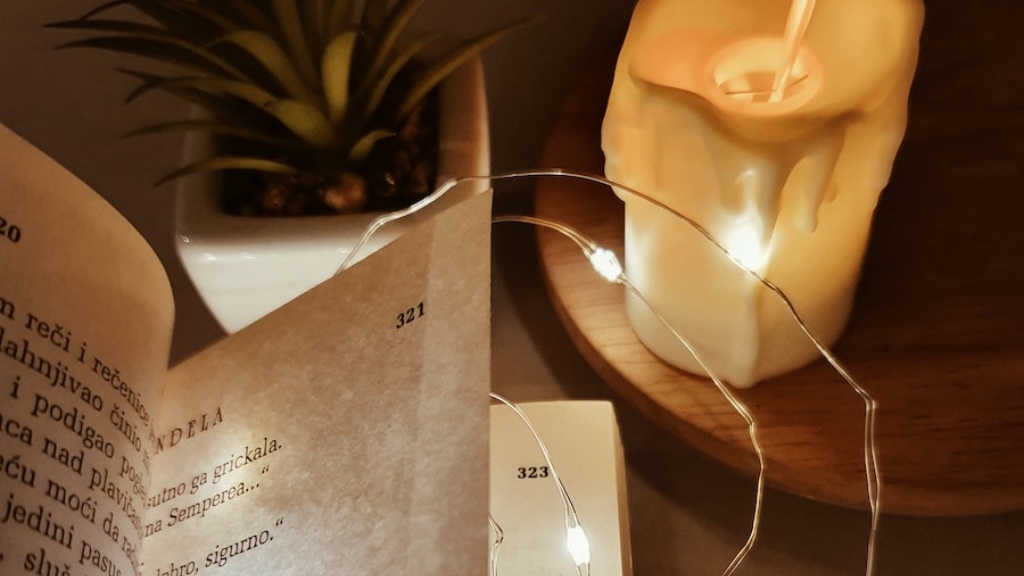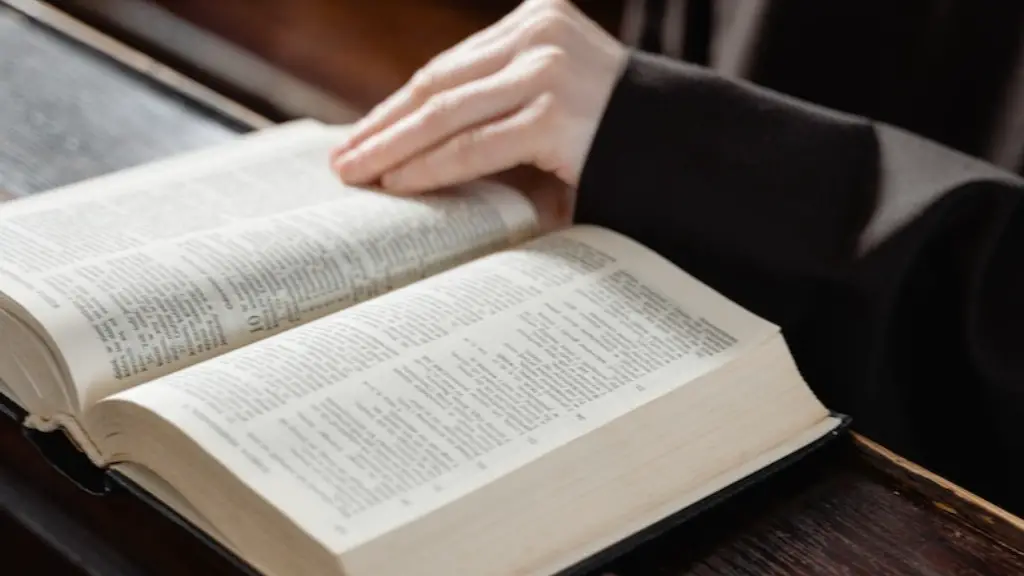Spoken word poetry is an art form that combines poetic expression with performance. It gives the poet an opportunity to communicate their story with emotion and power. Through rhymes and rhythm, a poet can create an engaging and powerful poem.
Performing spoken word poetry can give the poet an outlet to express their emotions and ideas. For example, a spoken word poet may explore themes such as love, loss, politics, and society. The performance gives the poet a platform to share their feelings and thoughts in a confident and public way.
Writing spoken word requires both skill and creativity. Poets need to draw on their personal experiences, emotions, and thoughts to craft powerful poems. To make these poems interesting, poets may also use literary devices such as metaphors, similes, and alliterations. Spoken word poets must also learn to use rhythm and rhyme to make the poem engaging and powerful.
A successful spoken word performance is one that can make the audience feel something. To achieve this, poets must learn how to use their voice and body language to create an emotional connection with the audience. It is also important for poets to be confident and use facial expression and hand gestures to help tell their stories.
Furthermore, performance poets must learn how to capture the attention of their audience. Through the use of powerful language, clear and powerful delivery, and dramatic pauses, poets can ensure they engage their audience.
Writing a Poem
When writing a spoken word poem, it can be helpful to first develop a concept or theme. This can help the poet focus on what they are trying to say and make sure that their story has a strong structure. After deciding on a concept, the poet should then draw on their experiences and thoughts to write the poem.
When writing the poem, poets should also use poetic devices such as rhymes, meter, and assonance. These tools help to give the poem structure and make it more interesting for the audience. Additionally, poets should also try to create vivid images with their words and make sure that the language is clear and concise.
Memorizing and Performing
Once a spoken word poem is written, it is important for the poet to practice and memorize their work. Poets must learn the flow of the poem and practice how they will use their voice and body language while performing. Additionally, poets must be confident in their performance and be aware of how they look and sound when they are delivering the poem.
A successful spoken word performance is one that can move the audience and make them think. To do this, poets should use vocal inflection and vary their tones. This helps to keep the audience engaged and add emotion to the poem. Additionally, poets should also use body language to tell their story and make sure that the audience is able to understand the message.
Promoting and Sharing
Once a poet has written and performed their spoken word poem, they should aim to share it with a wider audience. There are many online platforms such as YouTube and Instagram that poets can use to showcase their work. Additionally, poets could also perform their poem at an open-mic night, or even submit to literary journals, magazines, or spoken word competitions.
Finally, poets can also promote their poem on social media. This could involve creating promotional posts, engaging with other poets and communities, as well as creating and promoting video recordings of their spoken word poetry.
Practicing and Improving
Writing and performing spoken word poetry is something that takes time and practice. As poets improve in this art, they should also focus on honing their craft. This could involve reading other poet’s works for inspiration, watching and studying other poet’s performances, and attending spoken word events.
By practicing and improving their craft, poets will become better able to craft powerful stories. Additionally, they will also become more confident in their performance and develop a style that is unique to themselves. Through continued practice, poets can become better at expressing their emotions and connecting with their audience.
Publication and Competition
After perfecting the performance of a spoken word poem, poets can consider submitting their work to literary journals or magazines. There are also spoken word competitions where poets can showcase their work and participate in debates and discussions with other poets.
These opportunities can provide a great platform for poets to share their work and discuss their ideas with other artists. Additionally, poets may even find these events helpful in developing their own spoken word craft and improving their writing.
Conclusion
Spoken word poetry is a powerful art form that allows poets to share their stories and emotions with their audience. Poets must learn to combine powerful language and emotional delivery in their poems. Additionally, they must also use their voice, body language, and other poetic devices to engage their audience and make sure that their story is heard.
Resources
The art of spoken word poetry can take time to master. Additionally, poets should make sure that they are utilizing resources available to them to help them hone their craft. These resources could include books, websites, open mic events, and other spoken word artists.
By utilizing these resources, poets can develop their spoken word craft and grow as a performer. Additionally, these resources can provide poets with an opportunity to explore different themes and techniques to help them create powerful and engaging poems.




